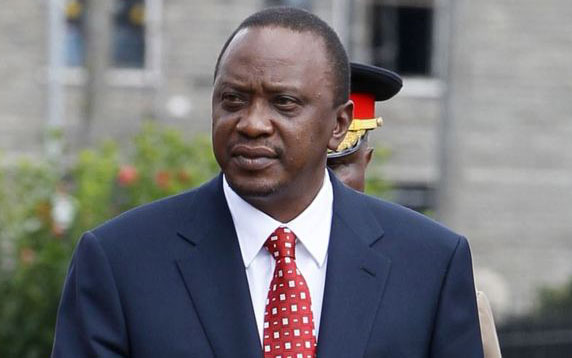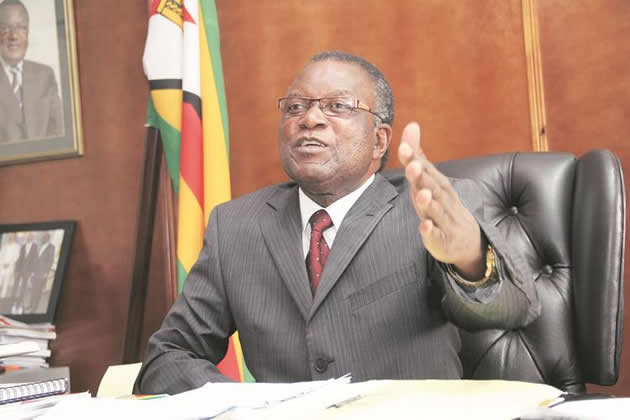Court allows opposition limited access to IEBC servers

NAIROBI. — Kenya’s Supreme Court ordered the elections commission yesterday to allow the opposition, which is disputing the results of this month’s presidential vote, have access to its computer servers and electronic devices used in the vote-count.
Election authorities say President Uhuru Kenyatta easily won a second term in the August 8 polls by 1,4 million votes. A parallel tally by independent monitors based on a sample of around 2 000 polling stations produced a similar result. But opposition leader Raila Odinga is disputing these results, which sparked scattered protests in parts of Kenya.
The protests, which dissipated within days, had raised fears that political violence could again destabilise the region’s biggest economy, as it did following a disputed election in 2007.
Odinga’s opposition coalition said in a court petition that results from more than one third of polling stations are “fatally flawed”, in some cases because of irregularities in the electronic transmission of copies of paper forms giving the results from each polling station.
The paper forms giving the breakdown of votes from each of the 41 000 polling stations were supposed to be signed by agents for each political party observing the process.
The paper system is designed as a parallel manual backup to verify electronic results after the widespread failure of electronic systems in the 2013 polls.
Judge Isaac Lenaola said they allowed Odinga’s National Super Alliance (NASA) and Kenyatta’s Jubilee Party limited access to the Independent Electoral and Boundaries Commission’s electronic devices to verify details like who had used the devices and accessed the servers. The court also said that IEBC would have to provide the paper documents used to collate the results.
“It is our order that the petitioners as well as the third respondent shall be granted a “read only“ access which includes copying if necessary . . .” Lenaola said.
The IEBC’s lawyer, Paul Muite, said it would comply. “The commission has absolutely nothing to hide. And our concerns relating to the integrity and the security have been addressed,” he said.
Odinga also ran in 2007 and 2013, losing both times and blaming fraud. He also went to court to challenge the 2013 election result and his decision to turn to the judiciary helped quell a repeat of violence then.
Experts hope this time there will be enough of a paper trail to verify the results. The election body has been heavily criticised for being very slow to post copies of the paper forms online.
More than a week after official results were announced, thousands of scans of the forms verifying the result were still missing from its website. — Reuters.










Comments